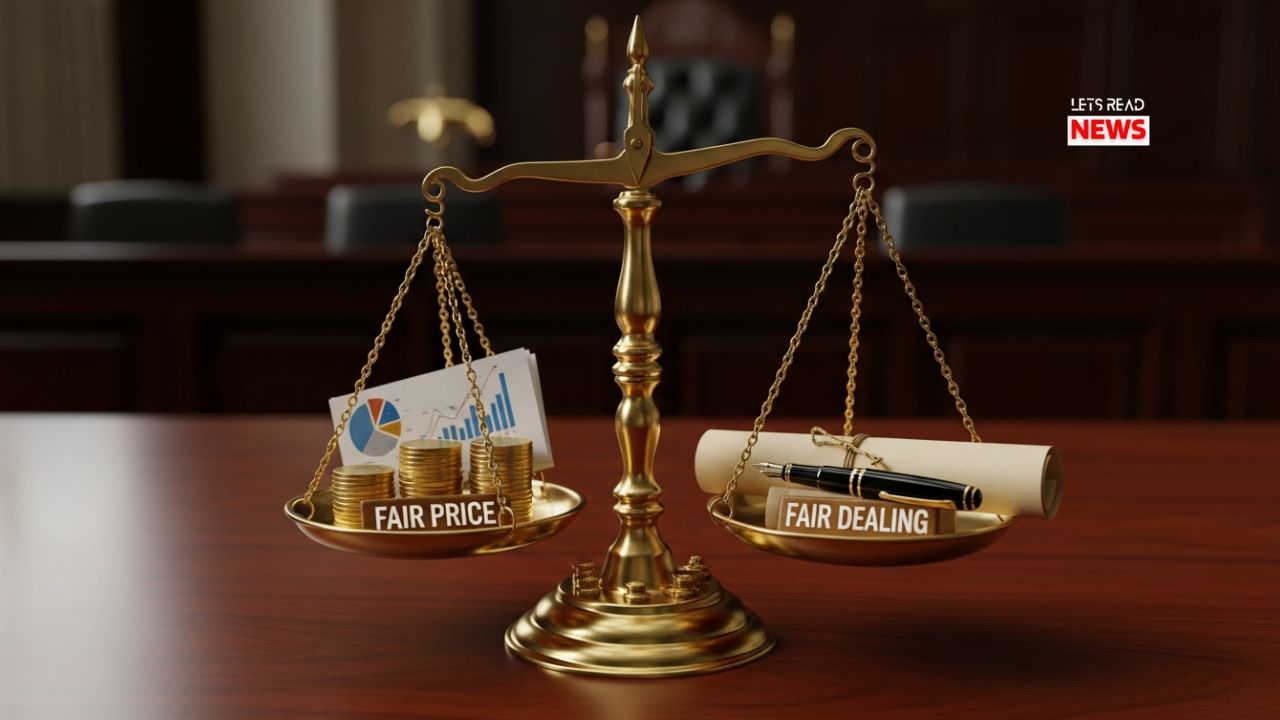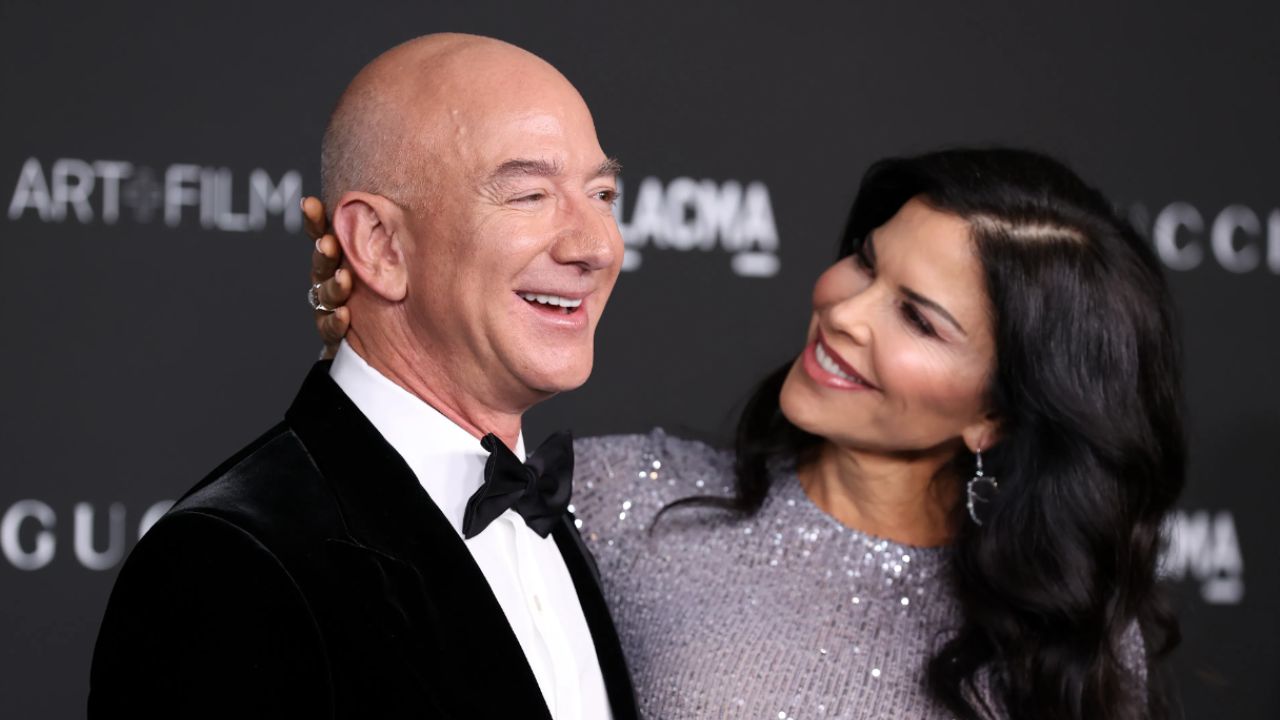What is the “Entire Fairness” Standard in Delaware Corporate Law?

The entire fairness standard is the strictest and most defendant-unfriendly standard of judicial review in Delaware corporate law. Delaware courts apply it when a corporate transaction (such as executive compensation, mergers, or squeeze-outs) involves a conflict of interest—most commonly when a controlling shareholder or a conflicted board stands on both sides of the deal.
Unlike the normal “business judgment rule” (which gives enormous deference to directors) or the intermediate “enhanced scrutiny” standard, entire fairness flips the burden of proof onto the defendants (the directors and/or controlling shareholder) and requires them to prove that the transaction was entirely fair to the company and its minority shareholders.
The standard has two independent prongs that must both be satisfied:
- Fair Dealing (the process prong)
Focuses on how the transaction was timed, initiated, negotiated, structured, disclosed, and approved. Courts examine:
- Was there real arms-length bargaining, or was the process a sham?
- Were independent directors or a truly independent special committee empowered with real authority?
- Were material facts fully and accurately disclosed to shareholders?
- Was the timing manipulated?
- Did the conflicted party dominate or dictate terms?
- Fair Price (the substance prong)
Focuses on the economic and financial considerations. Is the price or consideration within a range that a reasonable seller/buyer would accept? Courts look at:
- Valuation evidence, comparable transactions, market checks, etc.
- Whether the deal is the best reasonably available or simply “fair” in an absolute sense.
Both prongs must be satisfied independently. If either fails, the entire transaction fails judicial scrutiny.
When Is Entire Fairness Triggered?
Delaware courts trigger entire fairness in two main situations:
| Situation | Typical Examples | Burden on Defendants? |
|---|---|---|
| Controlling shareholder transaction | Controller stands on both sides (e.g., freeze-out merger, controller receives unique benefit) | Yes |
| Conflicted board/directors | Majority of directors are interested or lack independence from an interested party (e.g., CEO sets own pay and board is beholden) | Yes |
In the Musk/Tesla case, Chancellor McCormick ruled that Musk was a “controller” with respect to his own 2018 compensation package (despite owning only ~22% of the shares) because of his superstar-CEO status, personal ties to directors, and dominance of the process. That finding automatically triggered entire fairness review.
How Can Defendants Win Under Entire Fairness?
Defendants have two main ways to make the standard less lethal:
- Shift the burden back to the plaintiff by using one of Delaware’s cleansing mechanisms:
- An fully empowered, well-functioning independent special committee, AND
- An informed, uncoerced majority-of-the-minority shareholder vote
If both are done correctly (the “MFW” framework from Kahn v. M&F Worldwide, 2014), the business judgment rule is restored.
- Prove entire fairness at trial
Even without cleansing, defendants can still win by persuading the judge that the process was fair and the price was fair.
In the Tesla case:
- There was no independent special committee.
- The 2018 shareholder vote was found to be based on materially misleading disclosures.
- The 2024 ratification vote came too late (after the court had already found breaches).
→ Burden stayed on Musk and the board, and the court found they failed both fair dealing and fair price.
Why Entire Fairness Is So Feared
- Burden is on defendants (not the plaintiff).
- Trial is de novo—court examines everything with fresh eyes.
- Outcome is highly fact-specific and unpredictable.
- Even a “fair” price won’t save a terrible process (and vice versa).
In short: Entire fairness is Delaware’s way of saying, “When directors or controllers have conflicts, we don’t trust you—we’ll look over your shoulder ourselves, and you have to prove you did everything right.” It is the reason the Tesla 2018 pay package was rescinded twice by Chancellor McCormick and why the Delaware Supreme Court appeal is being so closely watched.






